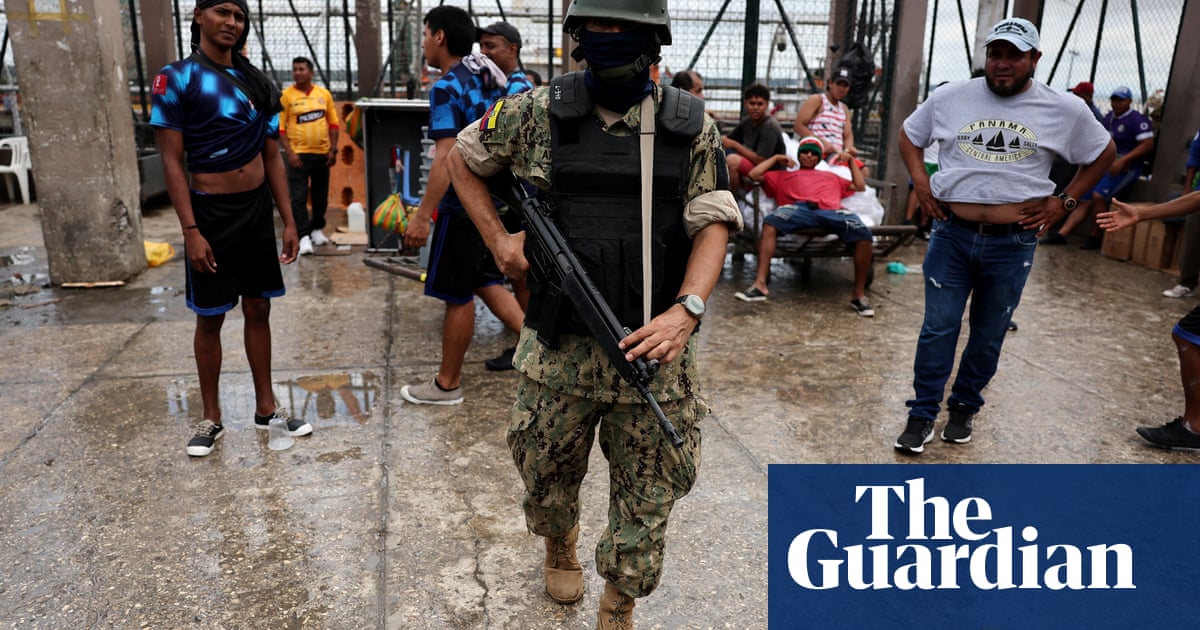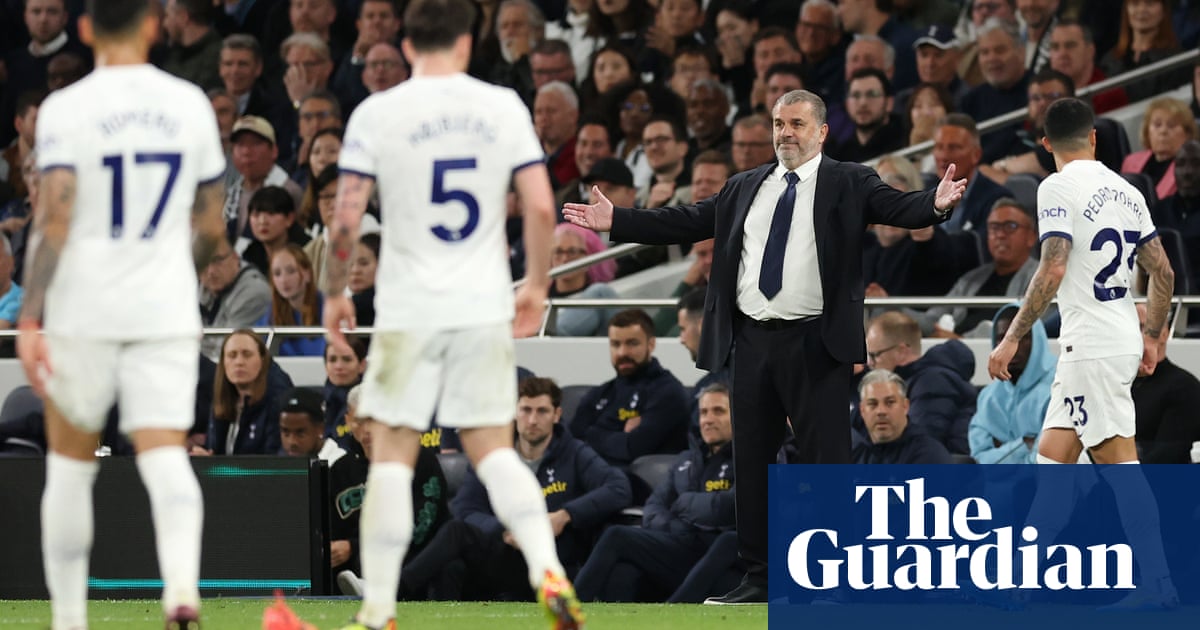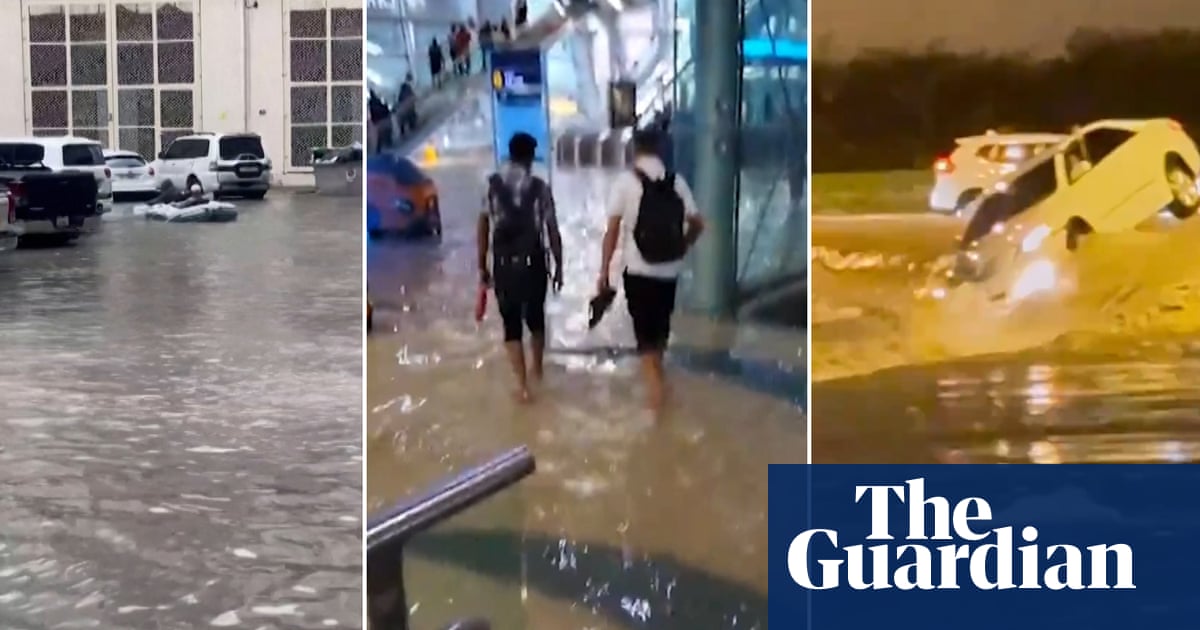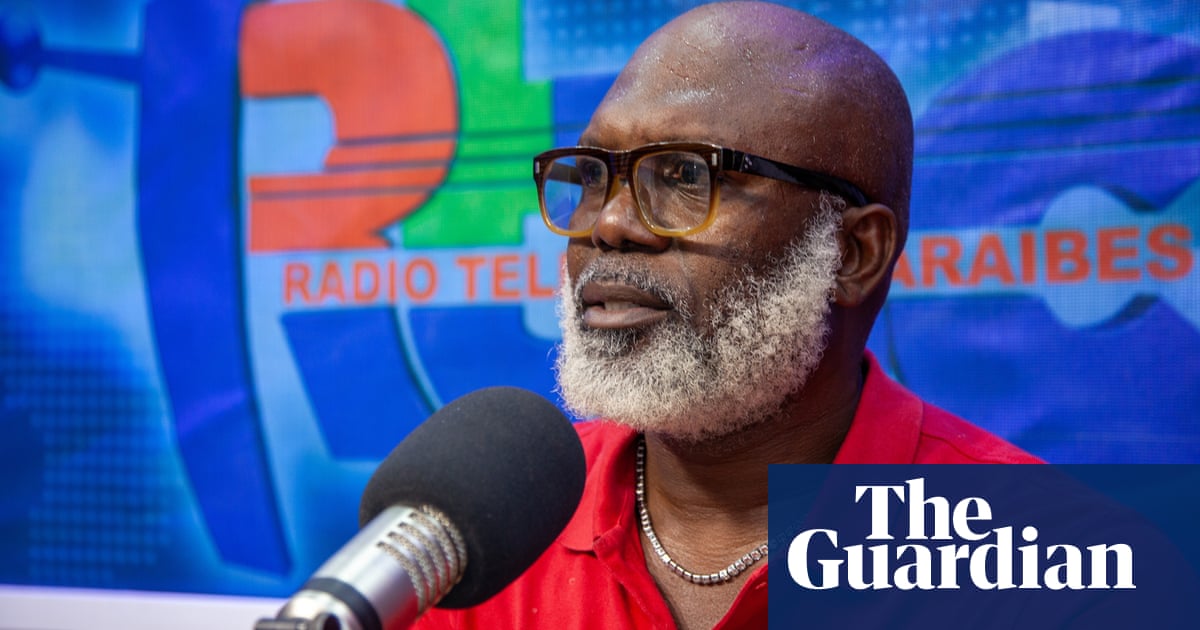
Ecuador’s largest city has been transformed into a virtual ghost town by a stunning wave of criminal violence that prompted the South American country’s recently elected president to declare his country was in “a state of war”.
On Thursday, the streets of Guayaquil – a normally teeming port city of about 3 million residents – remained eerily quiet after a succession of arson attacks, car bombings, shootings and prison riots in different parts of the country claimed as many as 15 lives.
Street corners filled with heaps of rubbish after waste collectors – like schools, universities and government offices – suspended their operations. Many of the city’s usually clogged roads were almost free of traffic – and those who did venture out drove at high speed to reduce their exposure. Most shops and businesses remained closed, even outside the nationwide 11pm-5am curfew introduced in response to this week’s violence. After dark on Wednesday hardly a soul was to be seen.
“Guayaquil is a desert,” said José Luis Calderón, a local television journalist who was held hostage live on air on Tuesday when more than a dozen gunmen stormed his channel’s headquarters in the city.
Shortly after that audacious assault on the TC Televisión network, Ecuador’s president, Daniel Noboa, declared a state of “internal armed conflict”. “We are in a state of war and we cannot give in to these terrorists,” Noboa said on Wednesday as security forces struggled to regain control of Ecuador’s streets and prisons, where the government said 178 guards and workers were still being held hostage by gangsters with links to Mexican drug cartels.
During a patrol of Guayaquil’s riverside Caraguay seafood market on Thursday, a navy spokesperson, Marcelo Gutiérrez, insisted authorities were fighting back and would prevail.
“These delinquents can be certain that we will not hesitate for a single second when it comes to protecting our citizens … If we have to lay down our lives to defend the population we’ll do that,” Gutiérrez, 38, vowed as his troops advanced through the market carrying assault rifles.
The navy spokesperson claimed the situation in Guayaquil had been brought under control and that gradually the port city was returning to normal, although the Guardian’s reporters saw few signs of security forces on the city’s streets on Wednesday and Thursday.
Ground zero for this week’s outbreak of violence is La Regional, a high-security prison on Guayaquil’s northern outskirts where one of Ecuador’s most notorious criminals, José Adolfo Macías Villamar, was, until recently, being held.
Macías, the leader of Los Choneros – a powerful gang connected to Mexico’s Sinaloa cartel – reportedly vanished from his cell over the weekend, with his supposed escape precipitating an astonishing eruption of bloodshed and chaos that has shocked a country long considered one of South America’s most peaceful to its core.
After Macías, whose nickname is “Fito”, disappeared, inmates took scores of prison guards hostage. Stomach-churning videos of security officials being murdered – some apparently fake – spread like wildfire on social media. On Tuesday, at the peak of the violence, at least eight people were killed and two injured in what one broadsheet called Guayaquil’s “day of terror”.
“Tuesday was ugly. It was like an earthquake or a tsunami or some kind of natural disaster,” said Marco Flores, a 43-year-old newspaper salesman, as he stood outside the Regional prison on Thursday lunchtime flanked by rifle-toting soldiers.
The tabloid Flores was hawking, Extra, offered a chilling snapshot of the violence sweeping Ecuador, where the murder rate has soared over the past five years thanks to its increasingly key role in the international cocaine smuggling trade between South America and Europe.
One story told of a heroic security guard who rushed a bleeding schoolgirl to hospital on Tuesday after she was struck by a stray bullet. Another described how 35 special forces police officers had successfully recaptured TC Televisión’s studios and freed its journalists. A third article claimed vigilante groups armed with machetes and baseball bats were challenging the gangs in the capital, Quito. A fourth told of how shopkeepers in both Guayaquil and Quito had abandoned their businesses to avoid being looted – or worse. “We’re safe but we are fucked,” one frustrated merchant was quoted as saying.
An editorial in the same newspaper urged Ecuador’s almost 18 million citizens to back Noboa, who was only elected last October, in what he has described as his unflinching quest to defeat more than 20 “terrorist” gangs, whose names include the Wolves, the Latin Kings, the Chone Killers and another called AK47. “Now, more than at any other moment in our history, it is crucial for the whole of Ecuadorian society to unite in order to push ahead with this unprecedented war,” Extra said, concluding: “We have reached breaking point and there is no other way of rescuing our country.”
Human rights experts and security experts fear Noboa’s campaign to “neutralize” the gangs may cause more carnage, not less. “The short-term response is [going to be] a huge crackdown,” predicted Chris Dalby, the director of World of Crime, an investigative journalism group focused on organized crime. “I think he [Noboa] is going to ratchet up the body count and electorally he has to, [even though] I wouldn’t agree with it.”
Dalby believed this weeks attacks were a calculated attempt by gang leaders to intimidate Noboa, who is Ecuador’s youngest ever president, after the 36-year-old hinted he would pursue a hardline crackdown inspired by El Salvador’s authoritarian president, Nayib Bukele.
“I think it was a united feeling of: ‘We’re going to show this guy what we can do and we are going to slap him down,’” Dalby said.











